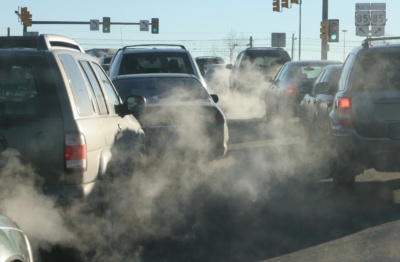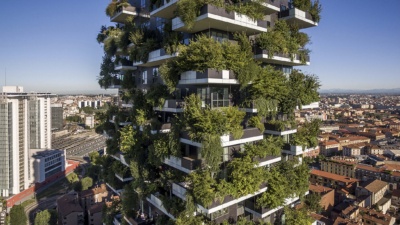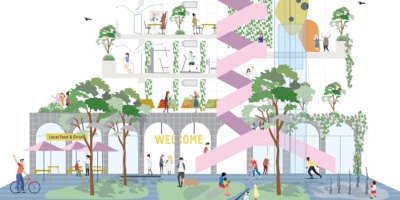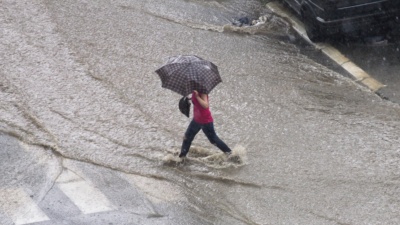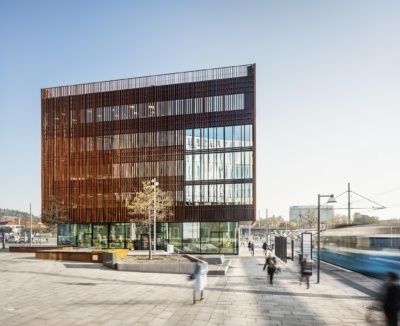Sweco: Future energy storage
There are a number of promising energy storage technologies that can be adopted for future urban energy systems. These include geothermal storage, portable hydrogen storage and new types of batteries. There is no “one-size fits-all solution” however, which is why a combination of
day-to day and seasonal storage is needed.
In our Urban Insight report “Beyond the tipping point: Future Energy Storage”, Sweco experts imagine a future urban energy system that addresses how to smoothly introduce renewable sources in the electricity grid and examines the increased demand for energy on the go.
Read the full report here.
